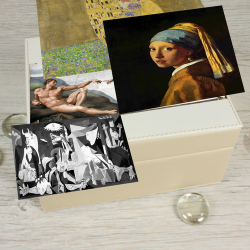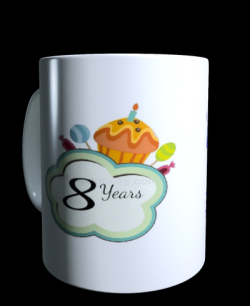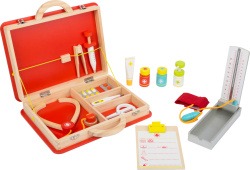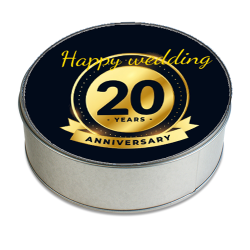
Jewellery box with top 10...
Others see in them the mark of the Templars or the Freemasons who used these containers to conceal compasses, mallets, small trowels, crosses and cords. "In any case, the existence of jewellery boxes is clearly attested as early as ancient Rome where, in families, the woman was the custodian of the particular seal of the house which served to seal the cases containing the precious objects. Indeed, as a Ladies' Manual from 1833 reminds us, precious stones and gold jewellery must be perfectly protected from humidity and preserved from any dirty or greasy contact: "It is advisable to rub them from time to time with a piece of white or chamois leather"and then place them in the "jewellery box". In French, the word "écrin", synonymous with "boîte à bijoux" (jewellery box), is originally derived from the Latin word "crines", meaning "hair", and was used to preserve souvenirs made of hair. Later on, the use of Jewellery boxes was extended to include all the useful and necessary accessories for the embellishment of the head: earrings, necklaces and combs. Nowadays we add bracelets, chains, rings, etc. " The item we present to you is made of faux leather in a rectangular format to escape the standardisation of jewellery boxes, "Made in China". You have the opportunity to find decorations for almost every imaginable occasion: Mother's Day, Valentine's Day, birthdays, and of course we can apply your photo on the lid of this jewellery box. Just choose the jewellery box with the desired decoration. A jewellery box as a birthday gift, an original birthday gift idea is already very good, but with a work of art as a decoration on the lid it becomes totally admirable, birthday gifts for an art lover!












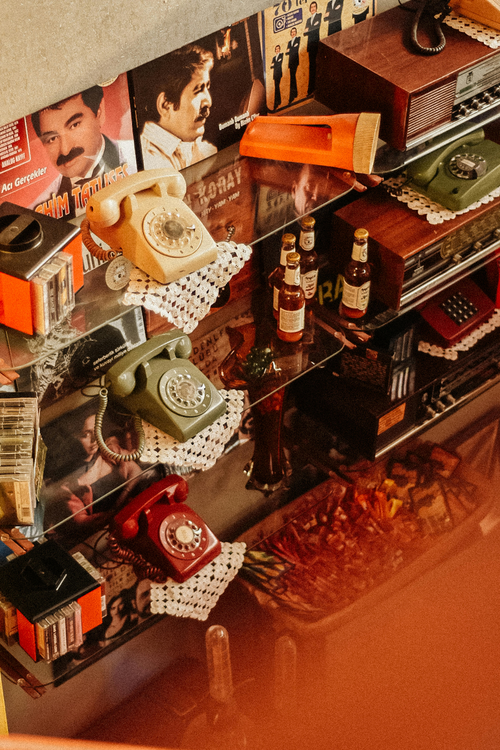




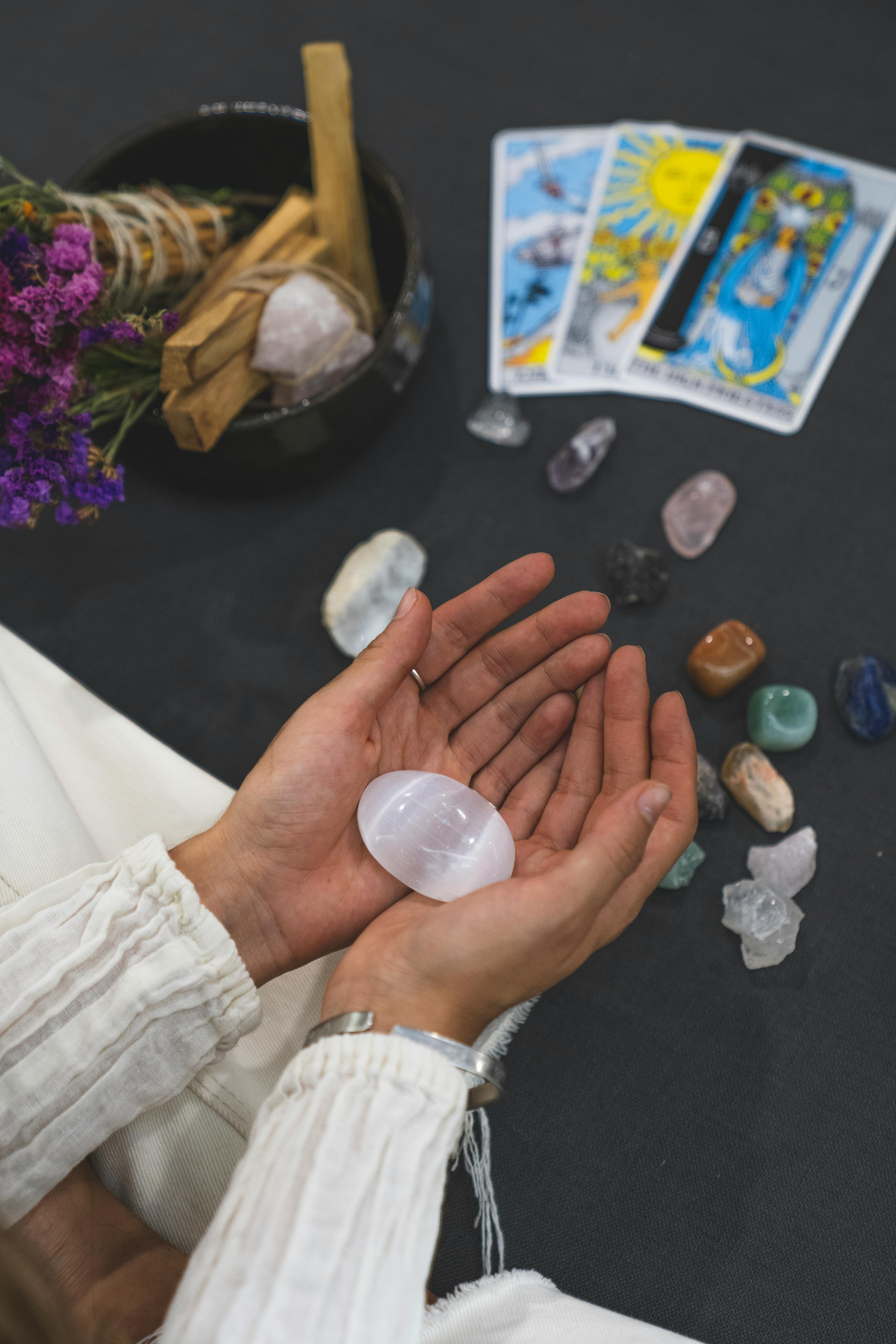
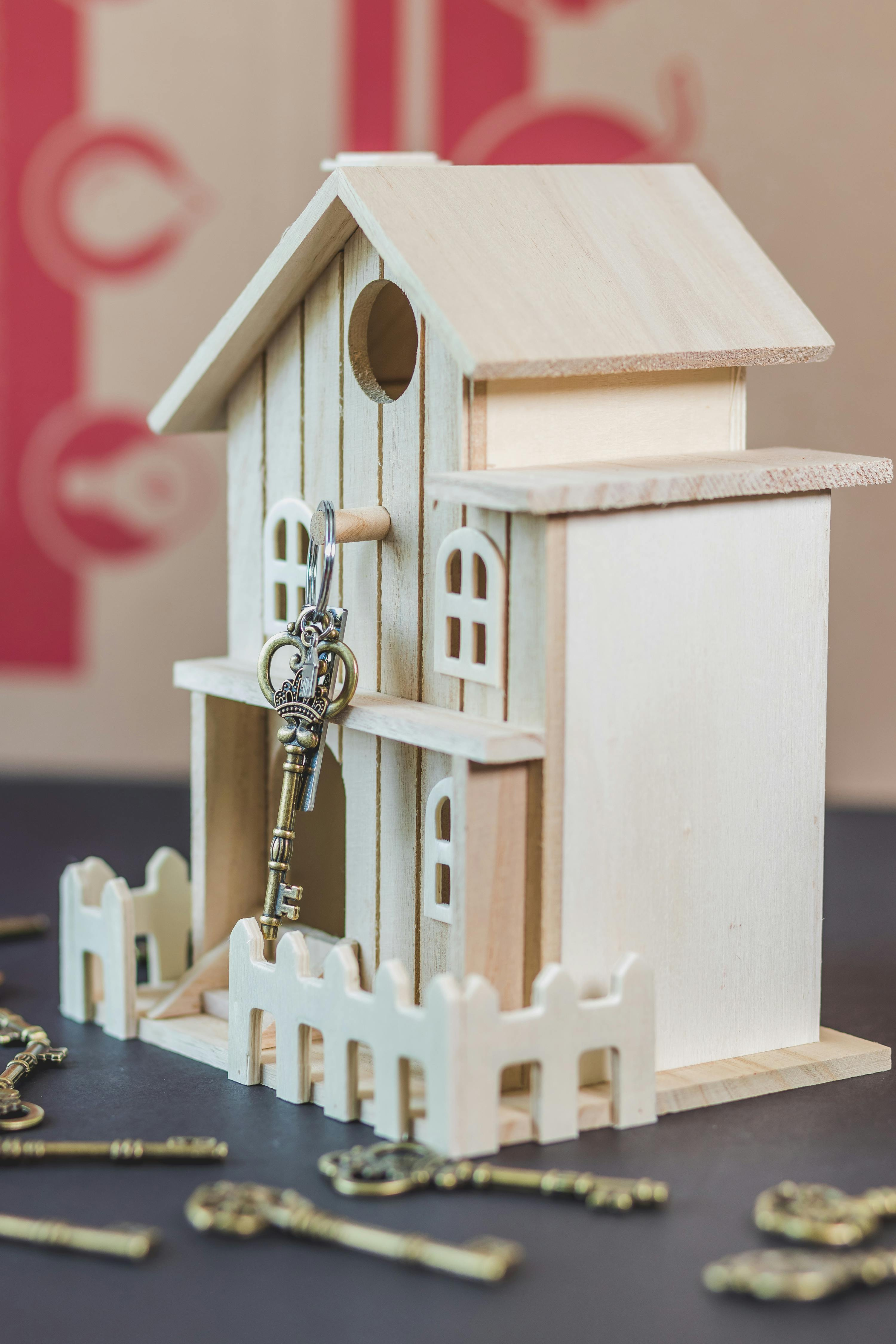
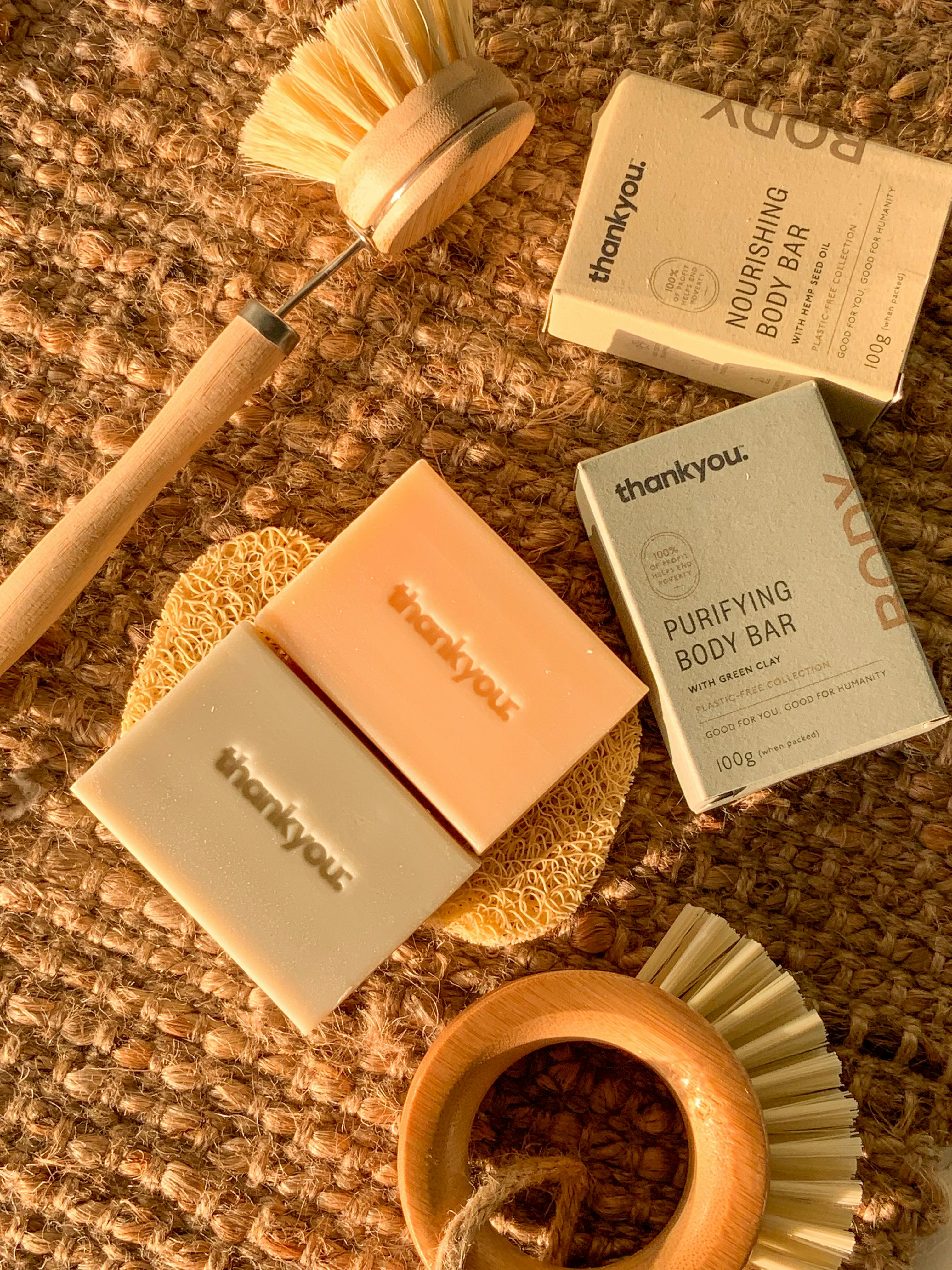
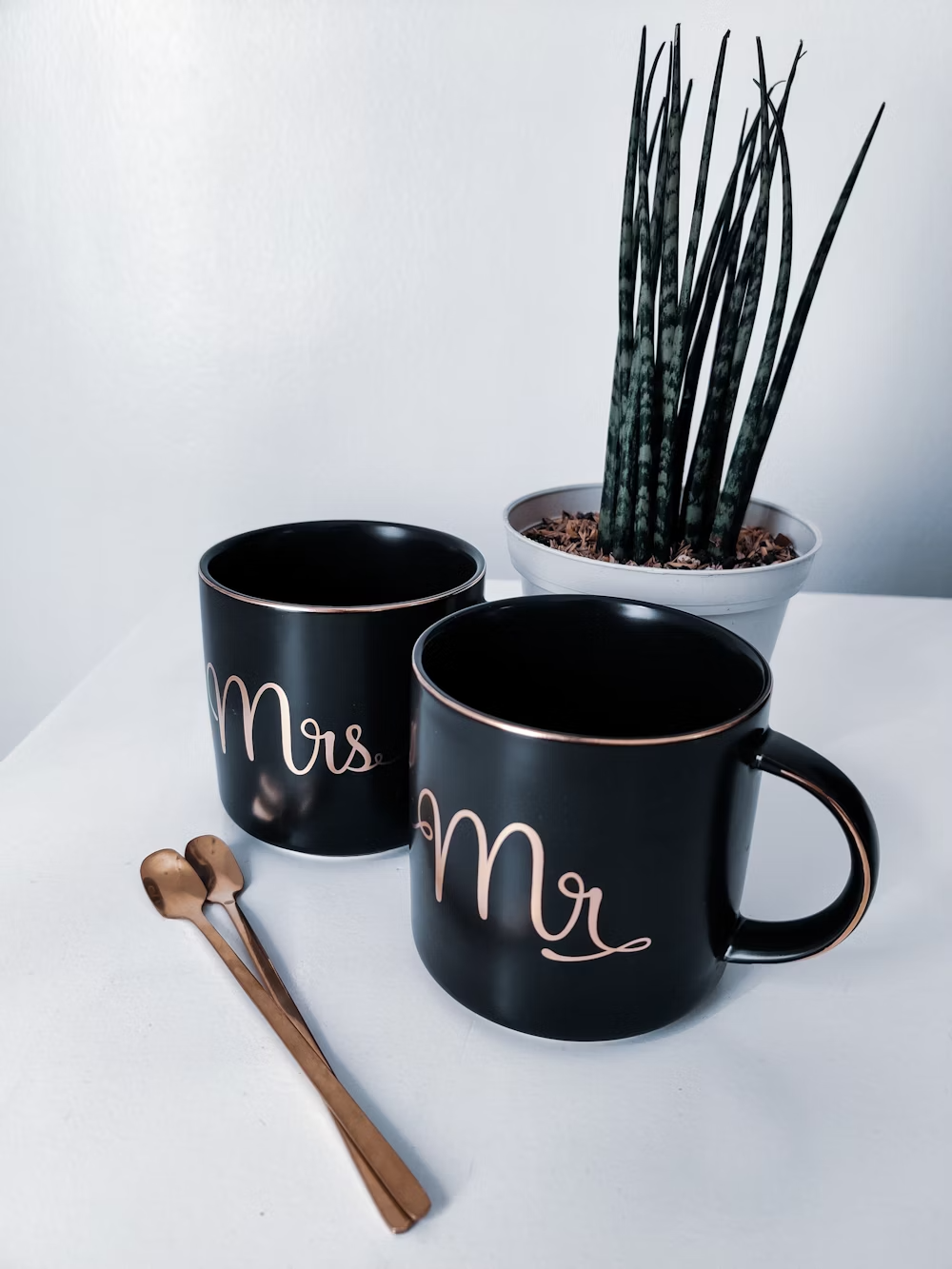

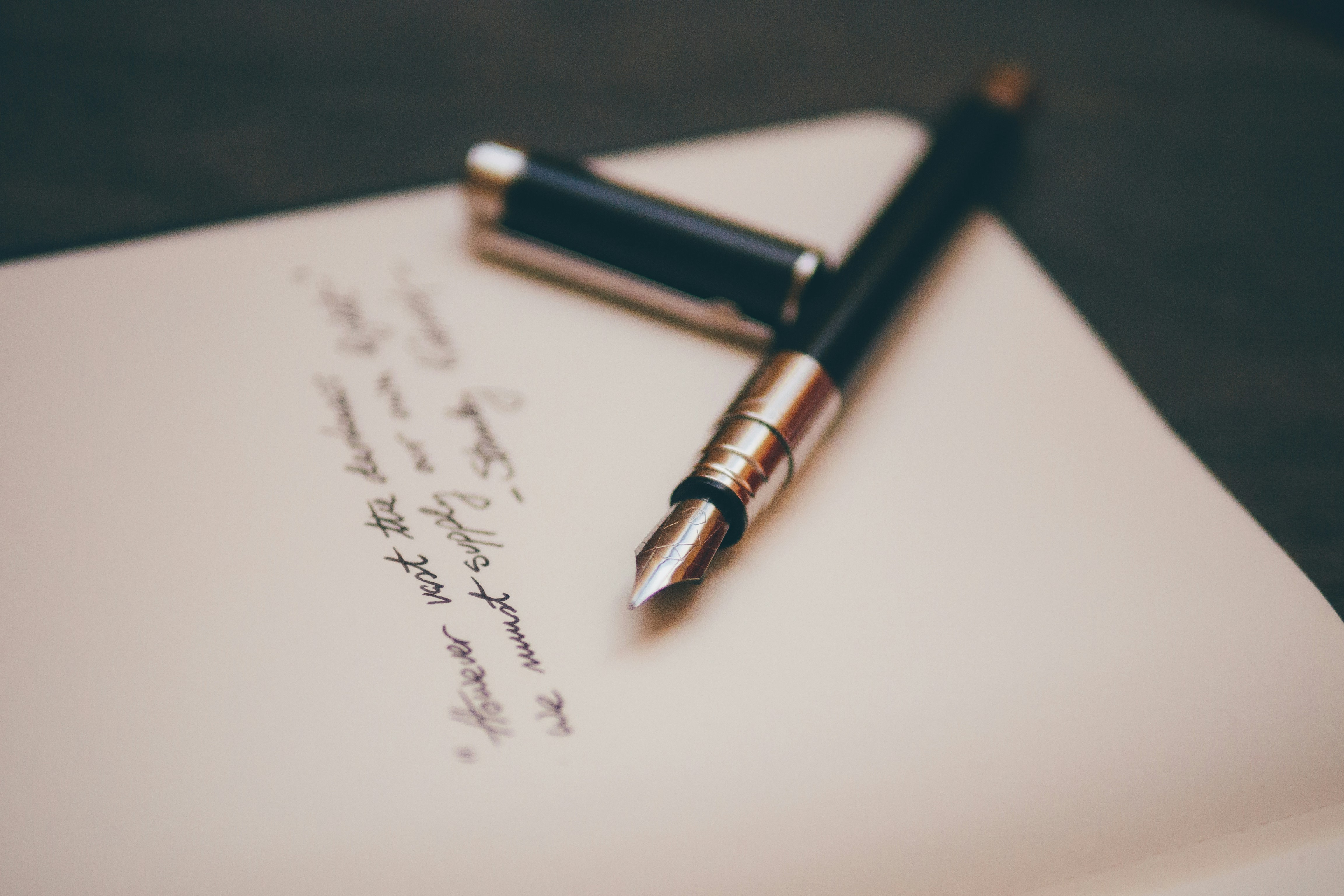

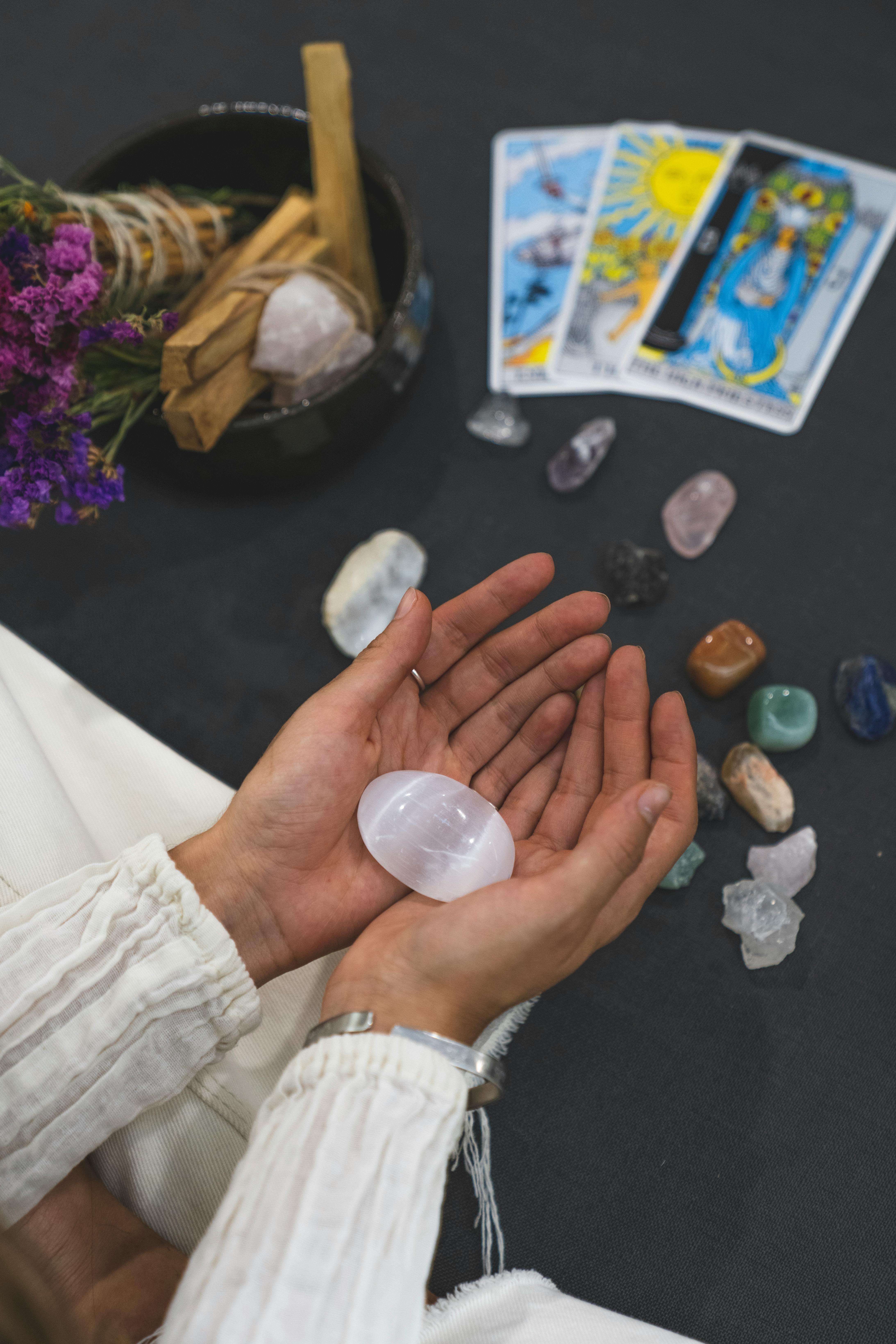
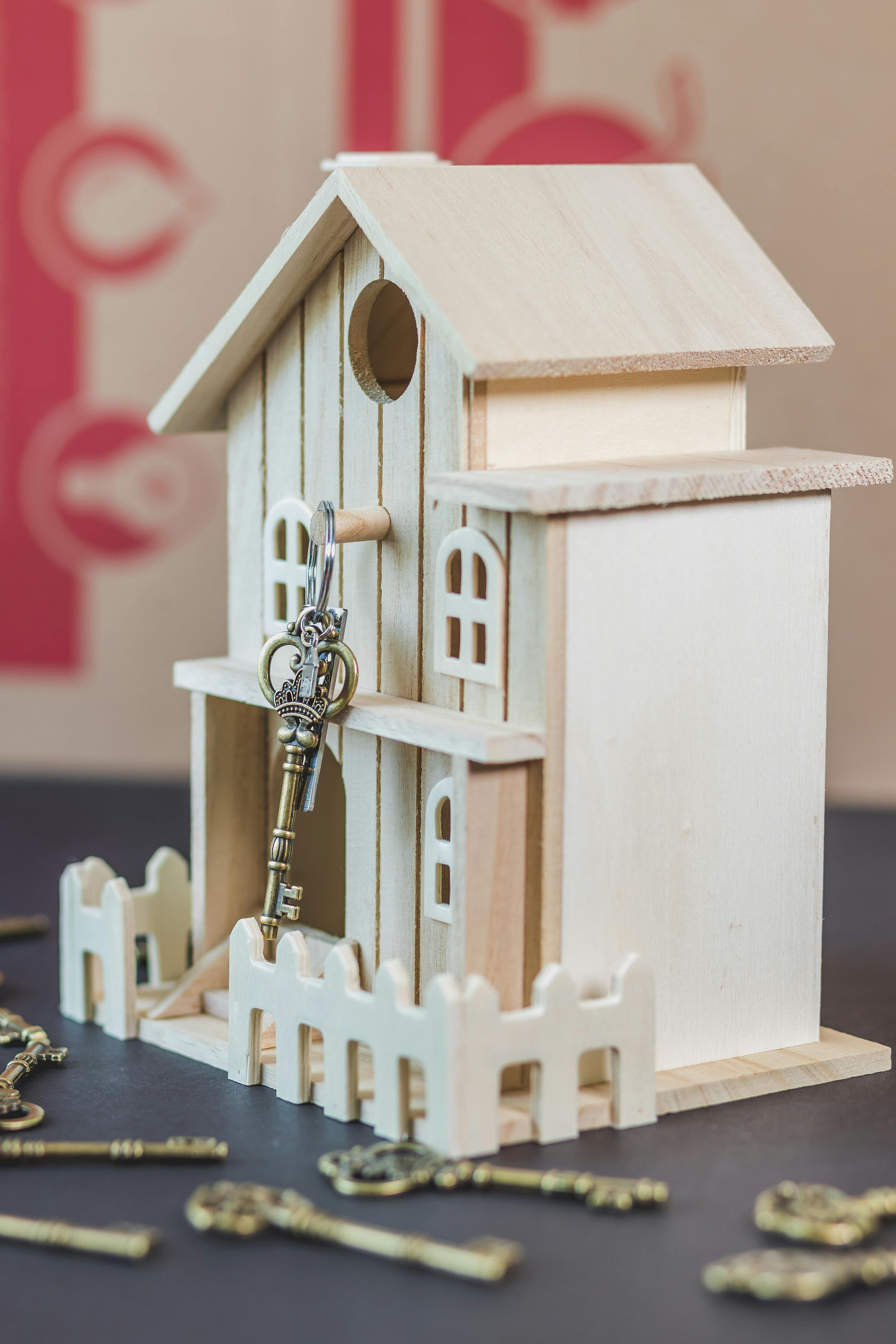

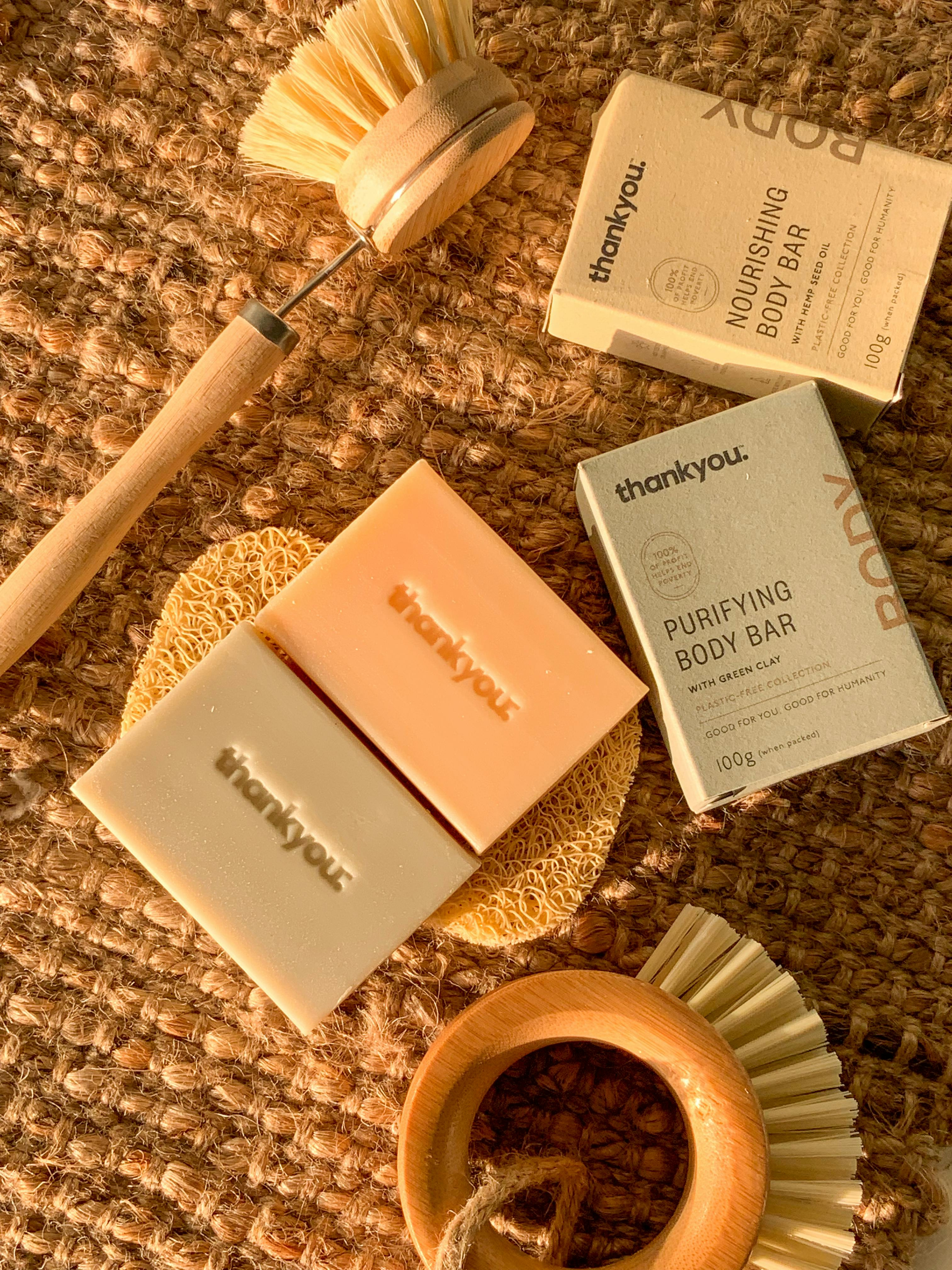
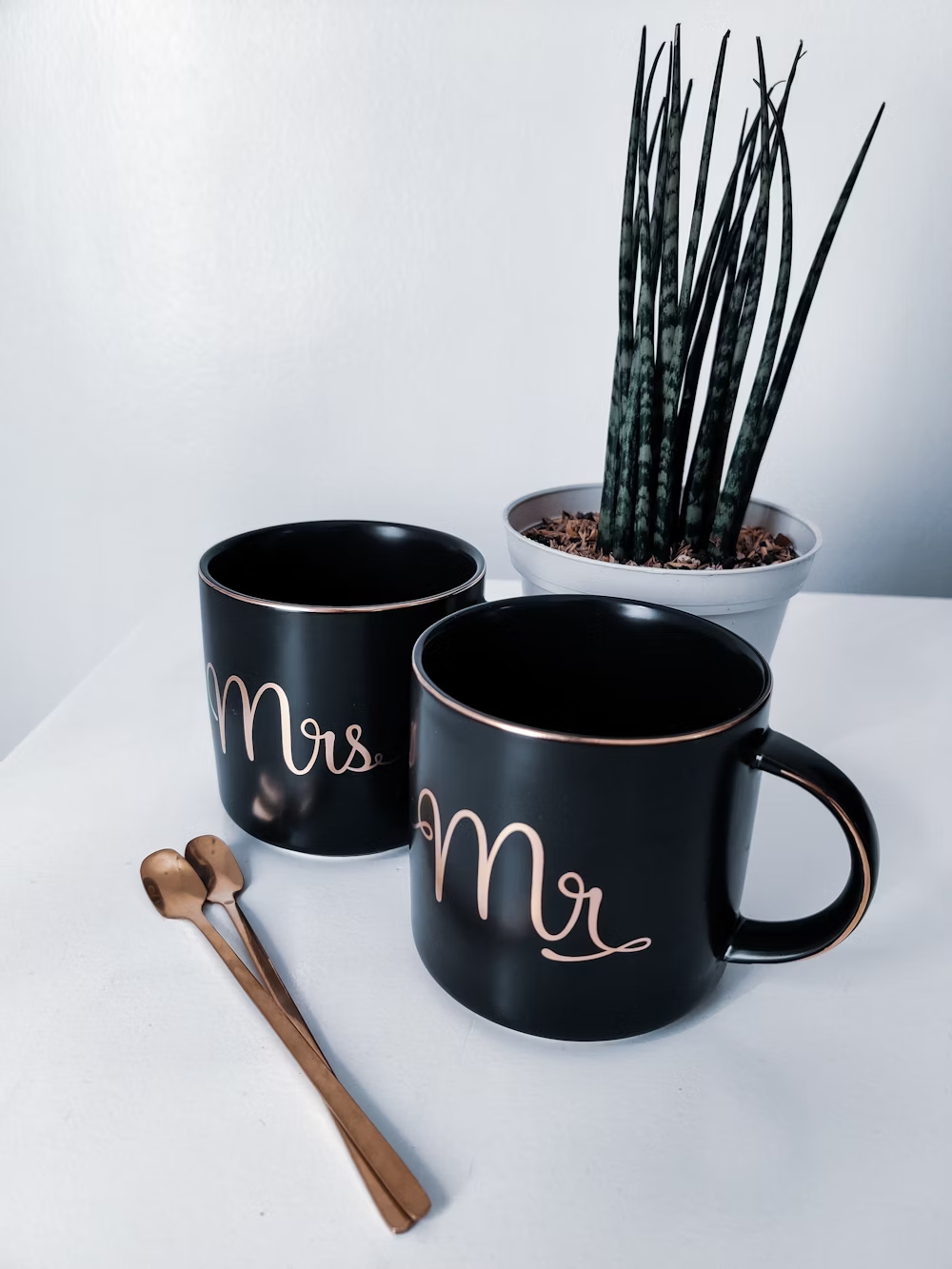

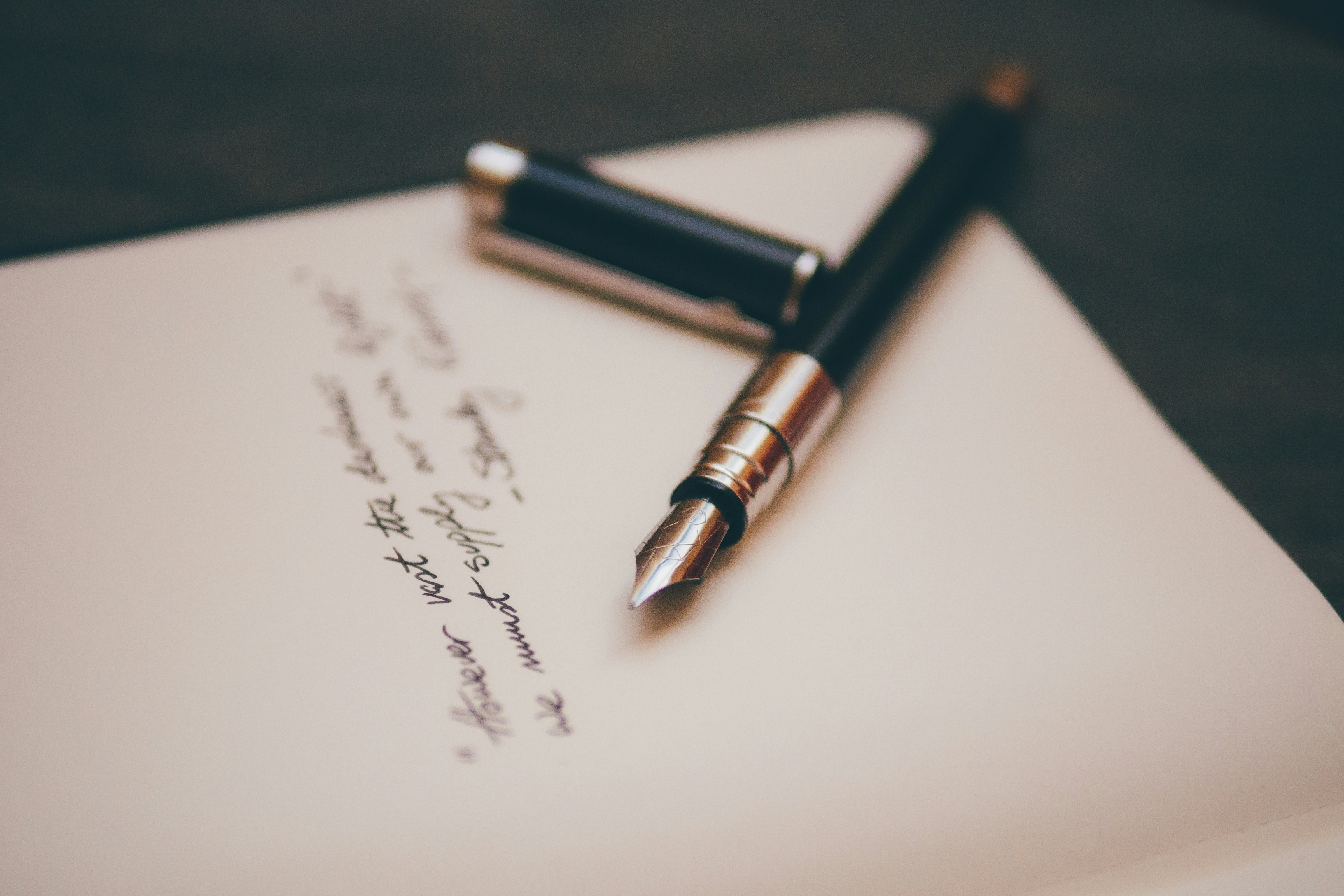

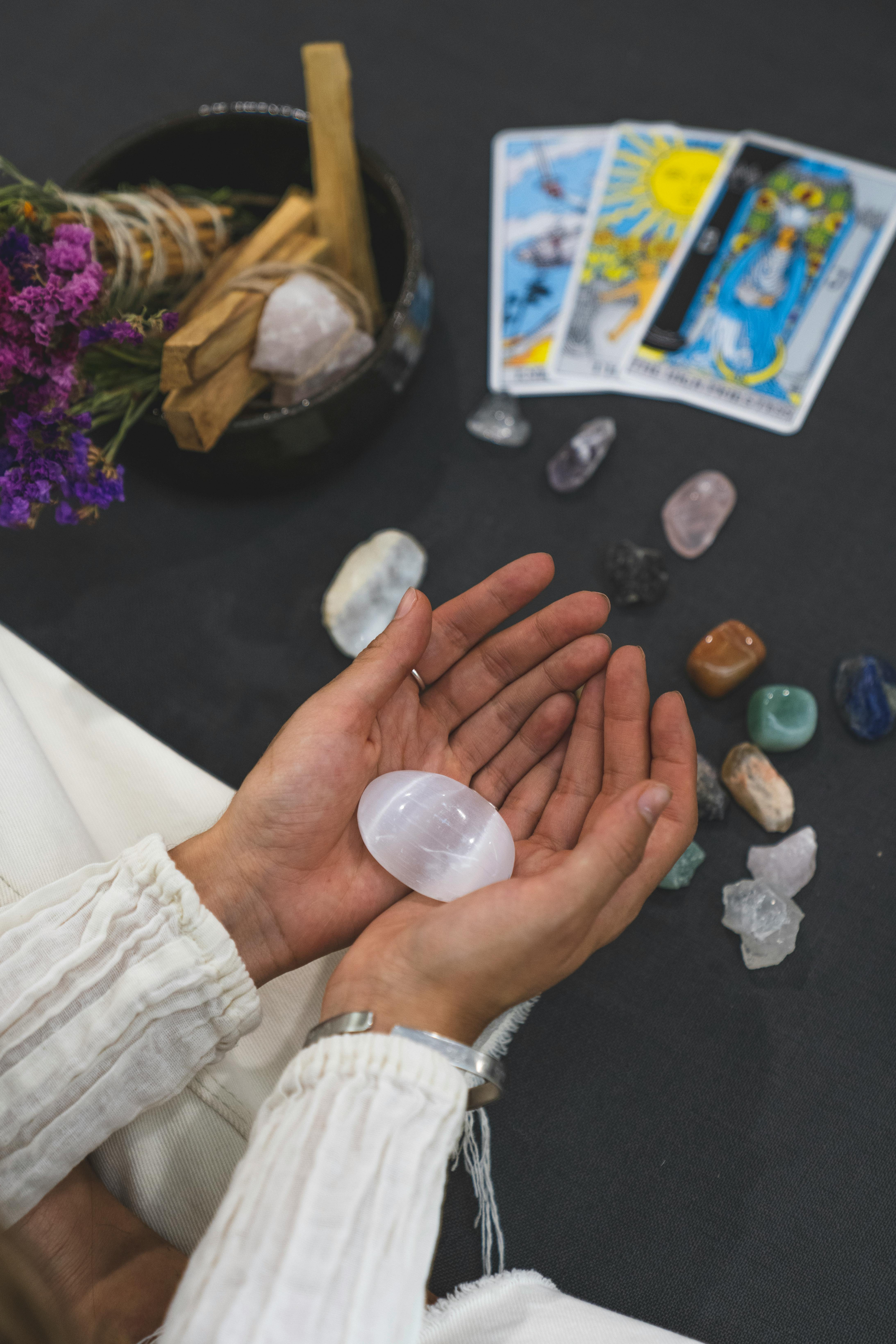
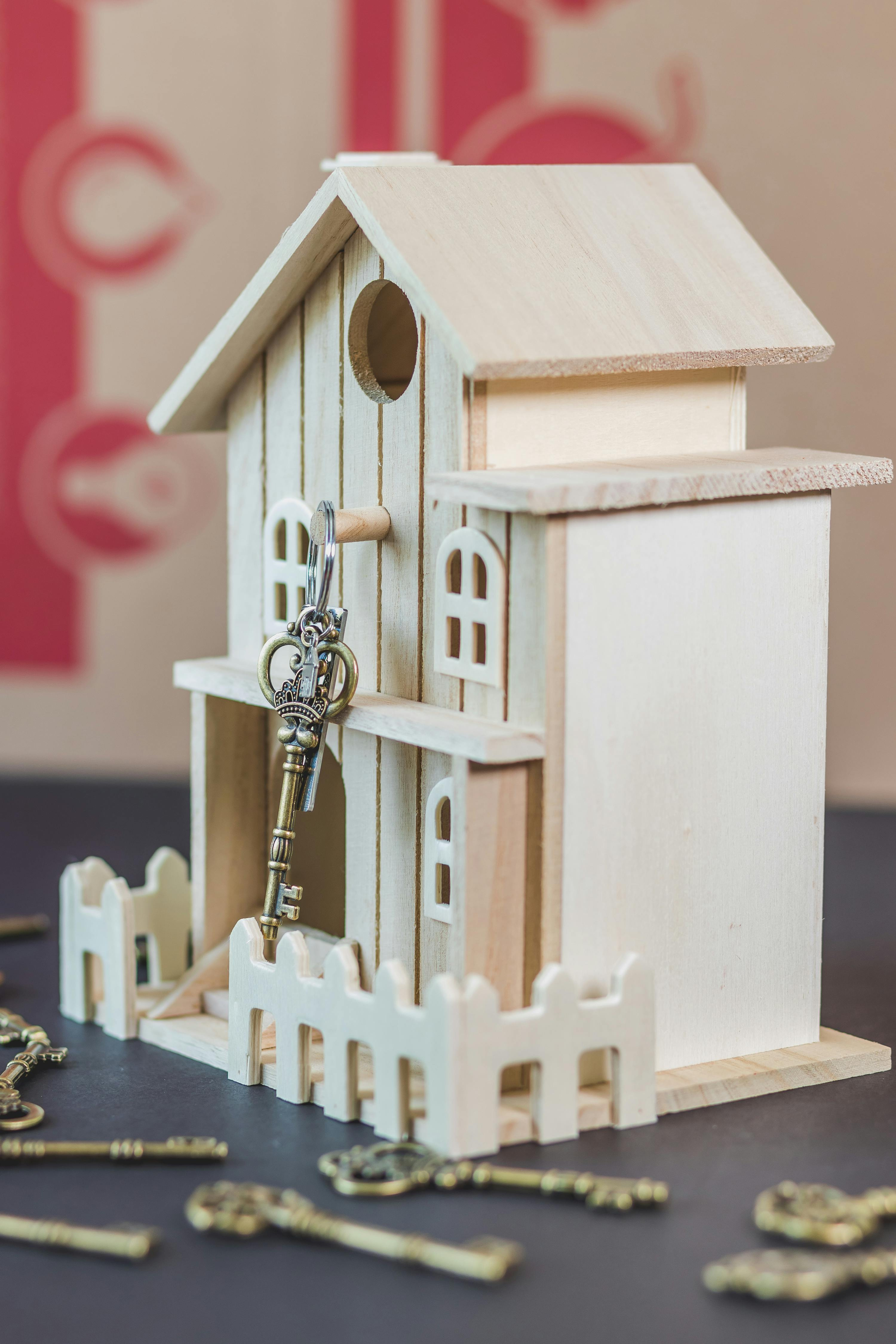
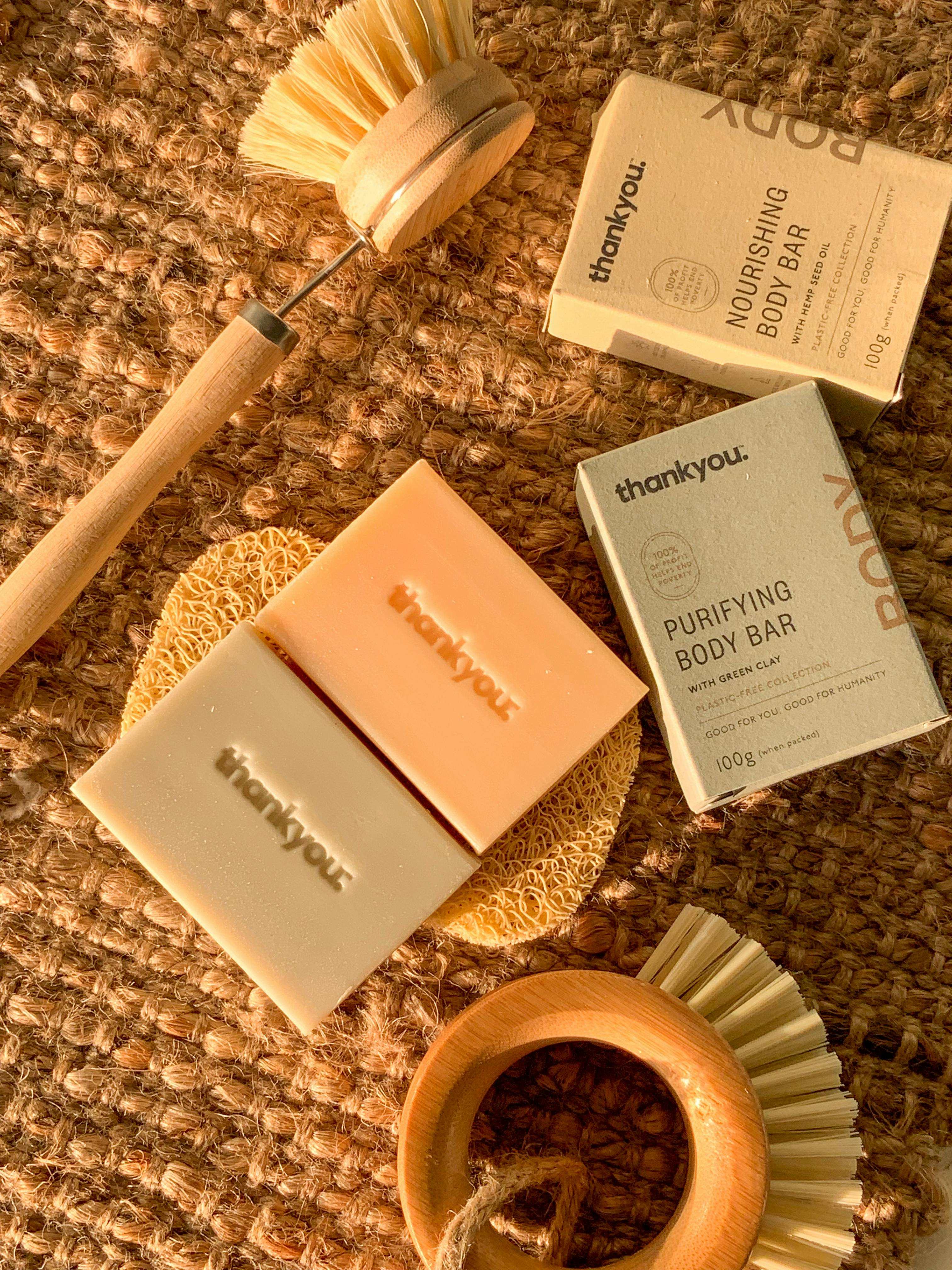
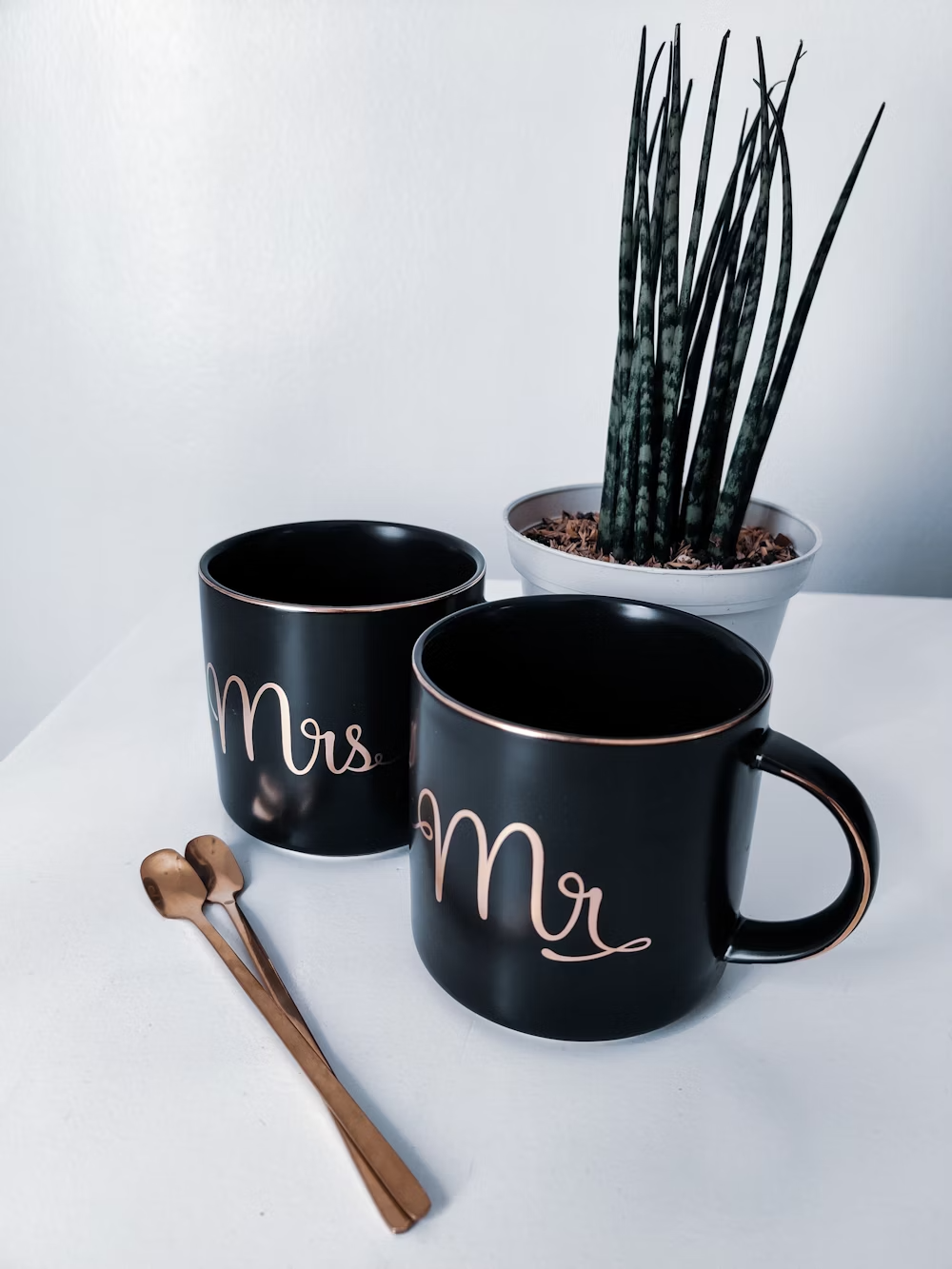
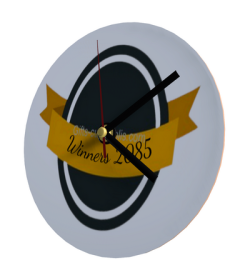





 Browse Your Photos
Browse Your Photos






.png)


